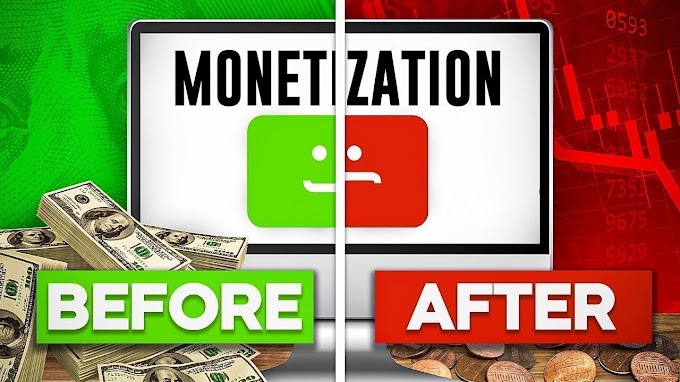Source: Pixabay/Chun-San
By Yoo Eun Kim and Yoo Jung Kim, MD
A job in the food service industry gets a bad rap. You’re always on your feet, customers can be demanding, and the pay is often dismal. Not to mention that restaurant work has been made much more difficult by nationwide staffing shortages and bad customer behavior during COVID-19. That being said, these gigs can provide a crash course in human interactions and behavior.
Growing up, we worked as cashiers and salad preppers at a small Asian restaurant operating in an economically depressed city with a crime rate well above the US average. Still, since everyone needed to eat, a wide range of people–including the unhoused, high school students playing hooky, former felons, airplane engineering teams, and military personnel in uniform–came by our restaurant.
We encountered many different customers, and if they became regulars, we had the pleasure of getting to know them. Our patrons included a Harvard-educated county judge who saw his defendants as whole people, a lonely accountant who would disappear into his work right before tax season, and the single mom and her son who frequently made one meal stretch between the two of them by purchasing a side order of rice.
Meeting hundreds of people from a wide range of backgrounds made us realize everyone had their unique story and circumstances. Listening to them made us more empathetic to a broader swath of humanity. We also came to the dismal conclusion that while neither money nor education could guarantee happinessthey could solve many, many small and not-so-small problems.
Serving customers also taught us how to interact more effectively. For instance, we learned to recognize subtle verbal and nonverbal social cues. And we saw first-hand how customers would react more favorably when we mirrored some of their body language and speech patterns. We hadn’t realized it at the time, but this behavior was known as “mirroring.” Mirroring is one way that humans demonstrate empathy to another by picking up their mannerisms, consciously or unconsciously.
Interacting with customers from all walks of life allowed us to recognize and pick up tiny tics and modes of expression. In doing so, we would become social chameleons to put others at ease, helping us to diffuse tense situations and increasing the chances of receiving a tip.
Finally, working in the food service industry made us realize the effect outside stimuli and trends had on customer behavior at large. For an example, look no further than the holidays, when people were out and about and came to our restaurant in droves to fuel their shopping-weary bodies. We also noticed revenue increase during paydays and release dates of highly-anticipated blockbuster movies.
On the other side of the coin, we saw our earnings plunge during economic recessions, Football Sundays, the Fourth of July, mad cow disease scares, and a major international pandemic. Working at the restaurant showed us a few triggers that governed our behavior as individuals and as a crowd. And while we couldn’t control these stimuli, we learned how to anticipate their effects (essentially by preparing ourselves to work extra hard that shift)
Our job in the food industry helped us develop empathy for those in all walks of life, practice our interpersonal skills, and reveal a few of the forces influencing our behavior. The restaurant gave us—as teenagers—practical lessons in life, which we gladly took into our future professions in medicine and education.
Yoo Eun Kim is a former teacher and an education manager. She is currently an MBA candidate at Stanford University Graduate School of Business. Her writing de ella has appeared in USA Today, Chicago Tribune, The Mercury News, The Korea Times, and other publications





0 Comments
Thanks For Massage